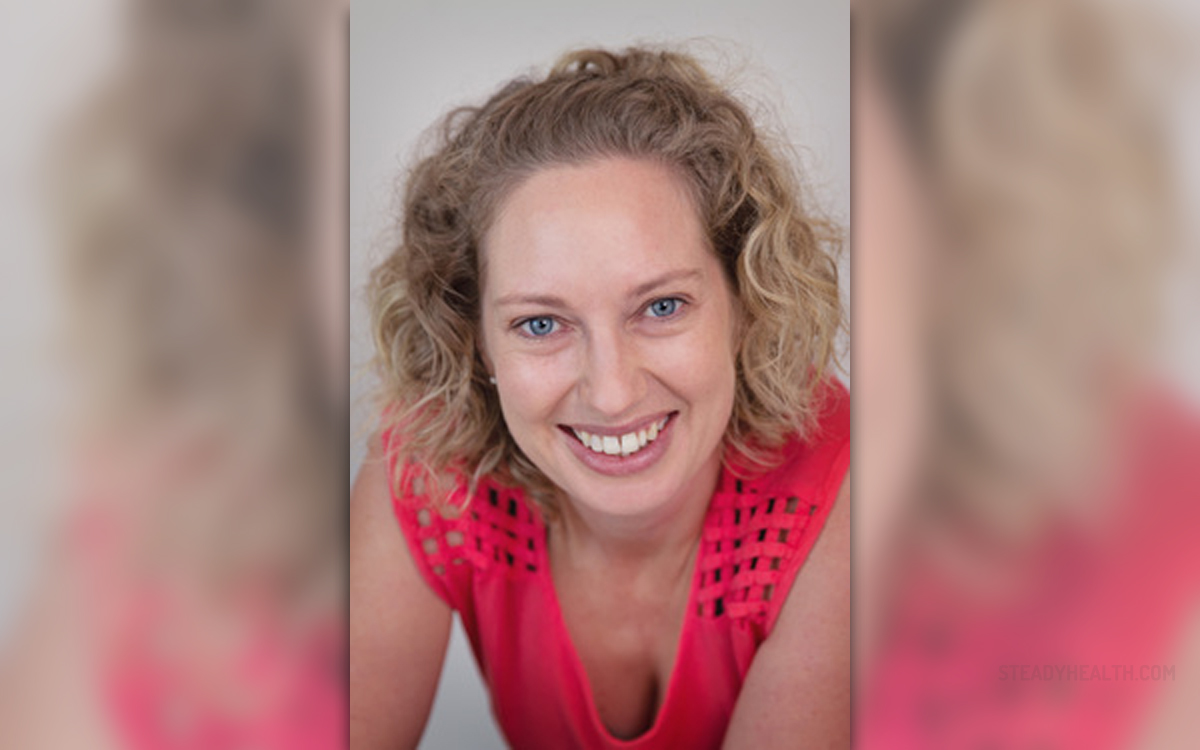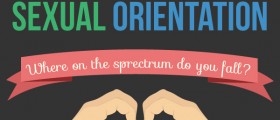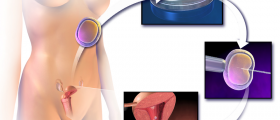
As IVF babies become more and more common, and the first IVF success stories are now adults, their feelings and opinions about the procedure and peoples reactions to it assume prominence. Thirty years after her birth, Candice Reed now runs an IVF advocacy group called Access. On the occasion of her birthday, she shares her feelings with the world through a letter to Australian Deputy Prime Minister Julia Gillard. Candice called on her government to approach IVF and artificial insemination as a whole with more transparency, and to offer education about it in schools.
Many IVF-lings (apparently that's what IVF babies call themselves, and through Candice's story, I came across this term for the first time) feel the need to be secretive about the way they were conceived, and can even feel ashamed on occasion. Human reproduction as currently taught in Australian schools fails to address or acknowledge artificial reproductive techniques, or adoption for that matter. Through education, Candice hopes that IVF will be normalized, and prejudices erased. As IVF is on the rise in Australia, and nearly 40 percent of all families will need some type of fertility treatment to conceive a baby, I hope that Candice's plea will be heard.
Of course, this is something that affects every country in which artificial reproduction techniques are now a fact of life. IVF is here to stay, regardless of opinions about the procedure, and I agree education about it needs to be addressed on the level of government. What are your opinions? Do you think that education about IVF and artificial reproduction techniques need to be included in your country's High School curriculum? If so, what needs to be taught? If you have children conceived through IVF, what are you telling them about their conception, and are they open about it with their friends?














Your thoughts on this
Loading...